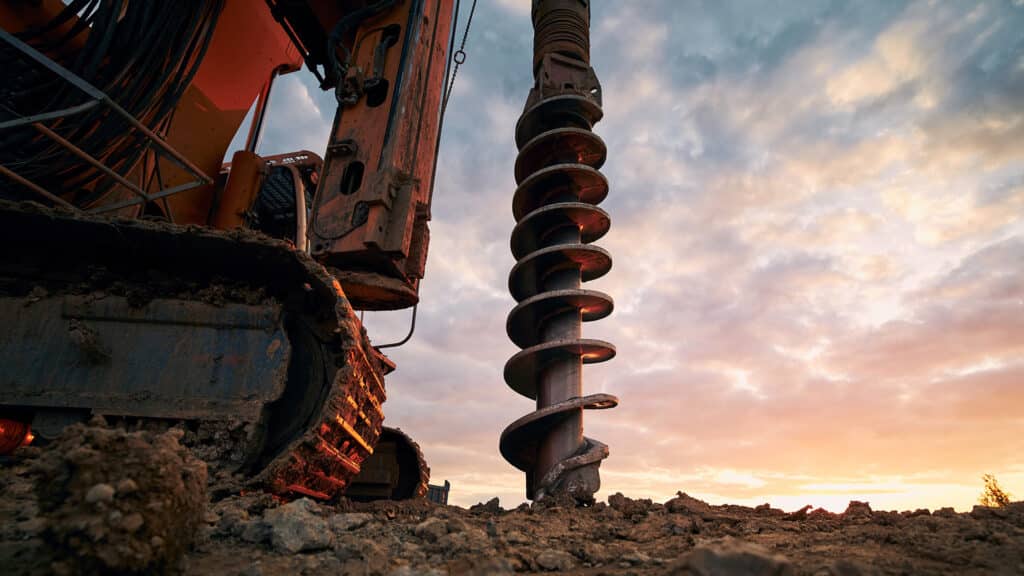Miramar Resources has announced diamond drilling at its Whaleshark project in WA has confirmed the presence of bedrock copper sulphide mineralisation for the first time.
“We have now confirmed the presence of bedrock copper sulphide mineralisation at Whaleshark for the first time indicating the mobile metal ion (MMI) and aircore anomalies have a bedrock source,” Miramar executive chairman Allan Kelly said.
“This is the most significant evidence of the potential for iron oxide copper-gold (IOCG) mineralisation at Whaleshark since the project was first highlighted by WMC Resources in the mid 1990s.”
The diamond drilling campaign targeted a discrete gravity anomaly within the Whaleshark granite which is crosscut by a north-west trending structure and located beneath coincident MMI soil anomalism and strongly anomalous interface aircore results.
Located in the Ashburton region of WA, approximately 30km east of Onslow, the project is co-funded by the WA government under the Exploration Incentive Scheme (EIS).
The project is characterised by a large proterosoic banded iron formation and granite intrusion beneath approximately 100m of cretaceous sediments of the northern Carnarvon Basin.
“Given the strong relationship between copper mineralisation and iron oxides in this style of deposit, our next step will be to drill test the other MMI, gravity and aircore anomalies associated with the banded iron formation at each end of the north-west trending structure,” Kelly said.
The project has potential for discovery of a large IOCG deposit comparable to projects such as Ernest Henry, Starra, Carrapateena and Prominent Hill, but with the advantage of much shallower cover.



